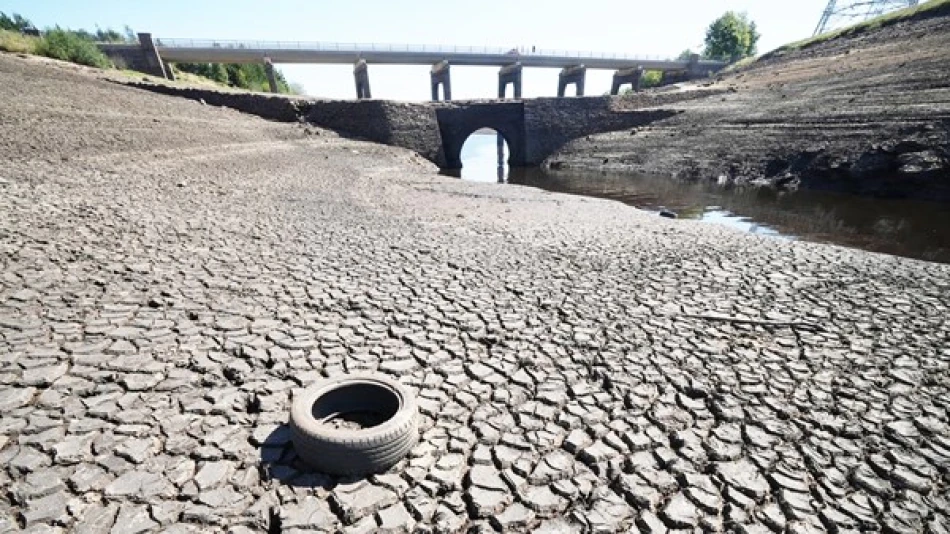
Scorching Summers in Britain: A Sizzling Season Ahead
Britain Records Hottest Summer in 140 Years as Climate Crisis Reshapes European Weather Patterns
Britain has shattered temperature records this summer, experiencing its hottest season since meteorological records began in 1884. The unprecedented heat wave underscores the accelerating pace of climate change across Europe and highlights the urgent infrastructure challenges facing nations unprepared for extreme weather events.
Record-Breaking Temperature Data Reveals Alarming Trend
The Met Office recorded an average temperature of 16.10°C (61°F) between June 1 and August 31, surpassing the previous record set in 2018. The peak temperature reached 35.8°C (96.4°F) in Kent, southeastern England, on July 1, accompanied by four distinct heat waves throughout the summer period.
While this summer fell short of the all-time temperature record of 40.3°C set in July 2022, the sustained heat proved more significant. The four heat waves brought temperatures ranging from 25-28°C across different regions for at least three consecutive days, creating prolonged periods of extreme conditions.
Climate Change Acceleration Becomes Undeniable
The data reveals a stark acceleration in warming trends. Britain's five hottest summers have all occurred after 2000, with temperatures rising by an average of 0.25°C per decade. The Met Office delivered a sobering assessment: the likelihood of experiencing a summer as hot as 2025 has increased seventy-fold due to greenhouse gas emissions from human activities.
Infrastructure Crisis Exposes National Vulnerability
The extreme heat exposed Britain's fundamental unpreparedness for climate change. One-third of British residents reported difficulties cooling their homes during the summer, according to a Citizens Advice study published in late August. This housing crisis reflects decades of construction designed for Britain's historically temperate climate rather than the Mediterranean-style conditions now emerging.
Water Scarcity Emerges as National Security Issue
The heat wave coincided with Britain's warmest and driest spring in over half a century, occurring between March and May. Summer rainfall fell 16% below seasonal averages, creating a cascading water crisis. By mid-August, the Environment Agency classified water scarcity in England as a severe national problem.
This water shortage mirrors crises experienced across southern Europe in recent years, suggesting Britain is entering a new climate reality typically associated with more southern latitudes.
Economic and Policy Implications
The temperature records carry significant economic consequences. Energy demand patterns are shifting as cooling becomes essential rather than optional, potentially straining electrical grids designed for heating-dominant consumption. The construction industry faces pressure to retrofit millions of homes and buildings for extreme heat, representing billions in infrastructure investment.
Insurance companies are already recalculating risk models for property damage from heat-related incidents, while agricultural sectors confront fundamental questions about crop viability in Britain's changing climate.
European Context and Global Trends
Britain's record temperatures align with broader European climate patterns. Similar extreme heat events have struck Germany, France, and Spain in recent years, suggesting a continental shift toward more volatile weather systems. The sustained nature of Britain's heat waves—rather than brief spikes—indicates a fundamental alteration in atmospheric patterns rather than temporary anomalies.
This transformation positions Britain alongside Mediterranean nations in requiring comprehensive climate adaptation strategies, from urban planning to water management systems previously considered unnecessary at northern European latitudes.
Most Viewed News

 Layla Al Mansoori
Layla Al Mansoori






